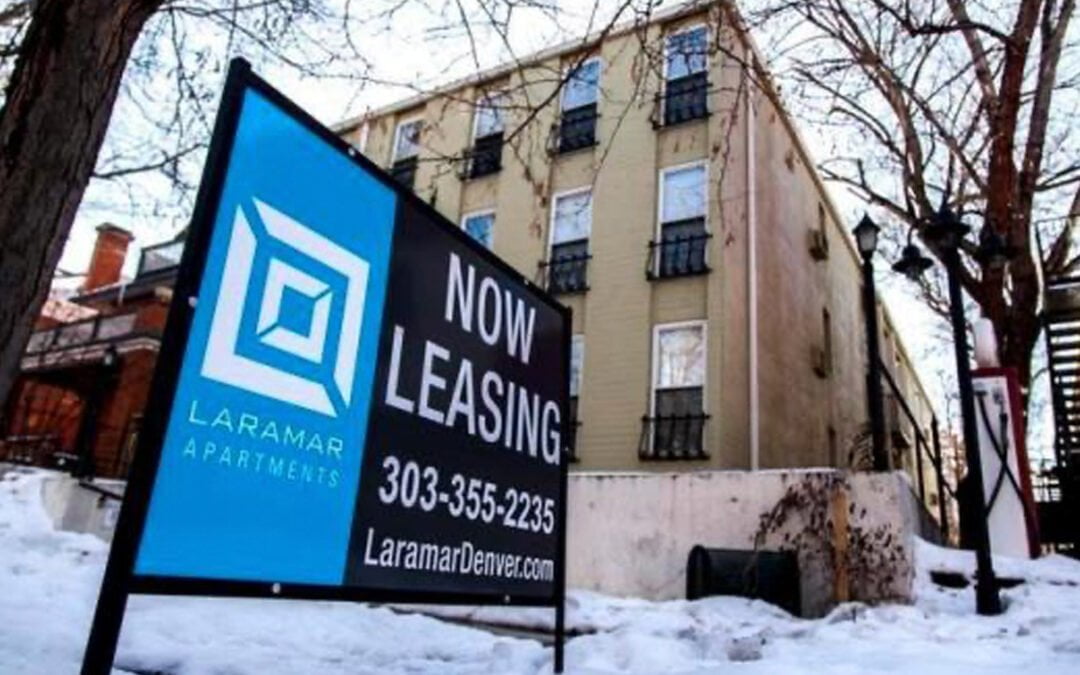With COVID-19 on the rise again in Colorado and more and more businesses shutting down every day, our unemployment rate is increasing. It is a terrible snowball effect that ultimately effects both landlords and tenants in negative ways.
In October, 2020, Governor Jarid Polis issued an executive order banning Colorado landlords from evicting tenants who can prove financial hardship due to the coronavirus pandemic. This was in addition to the federal moratorium on evictions, which will continue through the end of this month (January 2021). The Colorado moratorium on evictions provided tenants in Colorado with extra protection. After the temporary halt on evictions in Colorado expired on December 31, 2020, Colorado landlords will be able to once again take renters to court, move to evict people whose leases have expired and may be able to obtain eviction orders that can be carried out after the federal moratorium expires (January 31, 2021).
As a tenant, if you have missed any of your rent payments and did not enter into a new agreement for repayment, all of your missed rent will be due on February 1, 2021. If a tenant needs assistance paying the balance, they could apply for assistance through the Colorado State rental assistance program. It has been estimated that Colorado’s rental assistance share of the new Coronavirus Response and Relieve Supplemental Appropriations Act Federal funding pot will be approximately $383.3 million, according to the National Low Income Housing Coalition. As of the and of 2020, Colorado has already received approximately $54 million.
In order to qualify for rental assistance, both the tenant and the landlord are required to participate or provide input.
In order to qualify for assistance, both the tenant and the landlord are required to participate or provide input. If a loandlord wants to get rid of a tenant, they simply do not have to participate. Same holds true with tenants. Sadly, some tenants will not cooperate even it it meant his/her rent would be paid by the state. If a tenant owes rent and refuses to participate, the landlord would likely have legal recourse. If you are a landlord in this situation or a similar one, please contact us at Goodman and Wallace to see if we could assist.
The state requires renters to fill out a legal declaration that they are unable to pay the full rent because of a loss of income related to COVID-19. Without this declaration, a landlord will not qualify for the state rent assistance. In this case, the tenant could be evicted.
IMPORTANT RESOURCES FOR LANDLORDS AND TENANTS
Colorado state rental assistance program
FAQ’s for Tenants and Landlords – The Colorado Department of Local Affairs, Division of Housing

